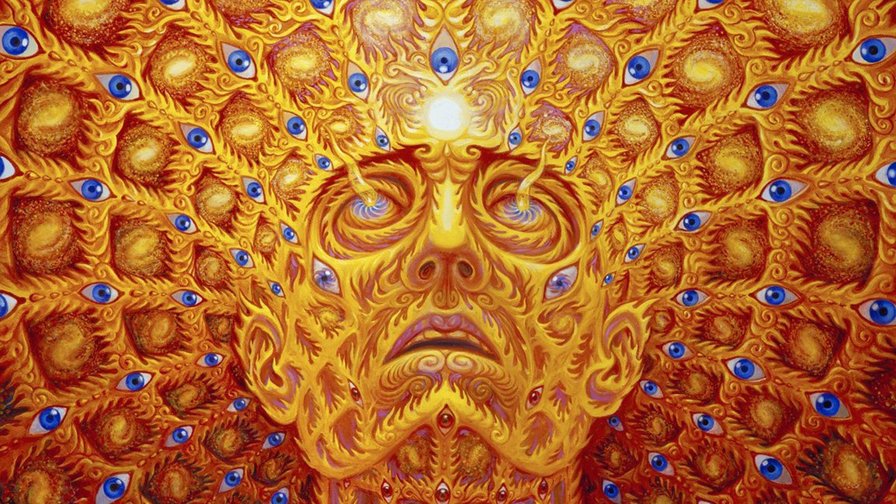I just finished a 2.5 hour debate with David Long (moderated by Bruce Alderman of The Integral Stage). David is a proponent of “Integral 2.0,” an attempted upgrade of Ken Wilber’s Integral Theory which David feels amounts to a kind of idealistic creationism when it comes to cosmological questions and the origins of consciousness. David argues for a form of emergentism, the idea that consciousness or sentience emerges out of neutral physics and chemistry at some point in evolutionary history. I argued against emergentism by pointing out that as an account of consciousness it ultimately collapses into either epiphenomenalism or dualism (I unpack why in this article). I argue in favor of a Schellingian/Whiteheadian form of evolutionary panpsychism. The debate should be uploaded in the next few days, and I will share it here. Below are a few reflections offered in an attempt to bridge my position with David’s.
I’m fine with saying that consciousness is an emergent property/product of a complex system. But the system in question is not just the neurons in the skull, it’s the system of the universe.
When we abstract brain physiology from the wider organism-environment field and evolutionary developmental history to which it belongs, when we stick a brain in a laboratory fMRI machine, we may learn some interesting things about how we’re wired up to respond to the world. DARPA/The Pentagon is spending billions on brain science, because it pays off if the goal is the instrumentalization of human souls. It could also pay off therapeutically, if that’s what society valued.
But consciousness is different “in the wild.” Out here in the midst of human history on an imperiled planet earth we conscious beings find ourselves not only embodied but embedded within the body of the world. This world-body’s horizons are analogous to our rentinal blind spot where the optic nerve enters the eye. The light of sight recedes into the darkness of a seer unseen.
As an emergent product of cosmogenesis, consciousness can’t quite get a handle on its comic origin. A finger can’t touch itself. An eye can’t see itself.
We reach for the edge of space-time only to have it recede from us at an ever-accelerating rate. My consciousness is limited in its capacity for ever-vigilant attentiveness to the entire experiential field encompassing me. My focus on this field is always shifting from locus to locus and fades off at fractal edges. Consciousness is an emergent product of the entire history and extent of the cosmos. I mean this quite literally and physically. What else could it be?


What do you think?